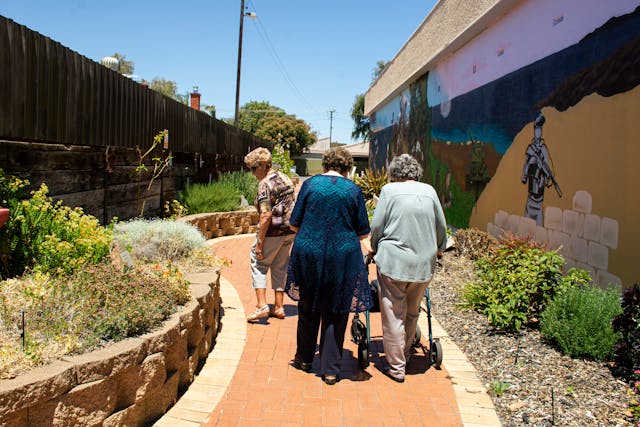Parkinson’s disease is a progressive neurodegenerative disorder affecting millions globally, with its prevalence on the rise due to factors such as pesticide exposure and an ageing population. The disease manifests with motoric symptoms, including tremors, stiffness, and balance issues, typically the initial signs leading to diagnosis. However, in many patients, non-motor symptoms like loss of smell, constipation, and sleep disturbances can precede diagnosis by up to two decades.
Central to Parkinson’s pathology is the misfolding and aggregation of alpha-synuclein protein, which damages dopamine-producing nerve cells in the brain, resulting in characteristic symptoms. Current treatments, predominantly dopamine-replacement medications, often exhibit side effects and diminishing efficacy over time.
Emerging research underscores the role of the gut microbiome in Parkinson’s disease progression. It is believed that alpha-synuclein aggregates may originate in the gut wall early in the disease process and travel to the brain via the vagus nerve, which connects the gut to the brain. This process can be influenced by gut bacteria, as individuals with Parkinson’s often exhibit altered microbiomes characterised by increased inflammation and compromised intestinal barriers compared to healthy individuals.
In a groundbreaking initiative, the neurology department at University Hospital Ghent (UZ Gent), in collaboration with Prof. Debby Laukens of Ghent University and Prof. Roosmarijn Vandenbroucke at the VIB-UGent Center for Inflammation Research, embarked on a clinical trial named GUT-PARFECT. This trial investigated the potential therapeutic impact of faecal microbiota transplantation (FMT) from healthy donors on Parkinson’s symptoms over a year. Participants received donor stool via a nasal tube directly into the small intestine.
Dr Arnout Bruggeman, the lead researcher, reports promising outcomes from the study. After twelve months, participants receiving the FMT experienced significant improvements in motor symptoms compared to those in the placebo group. The benefits increased notably between the sixth and twelfth months post-transplantation, suggesting a sustained therapeutic effect. Furthermore, participants experienced alleviation of constipation, a common and distressing symptom of Parkinson’s disease.
The study marks a pivotal advancement in Parkinson’s disease treatment research, demonstrating that FMT could offer a safe, effective, and economically viable therapeutic avenue for enhancing symptoms and quality of life in affected individuals worldwide. However, further investigations are necessary to ascertain whether this treatment approach could slow disease progression.
Prof. Patrick Santens acknowledges the significant challenges encountered in funding and executing such pioneering research, attributing its success to the support of patient organisations, donations to the UGent Parkinson Research Fund, and the participation of willing volunteers in the study’s rigorous procedures.
Looking ahead, Prof. Roosmarijn Vandenbroucke emphasises the need for continued research to identify specific beneficial bacteria in mediating these therapeutic effects. Such insights could pave the way for developing targeted therapies, including bacterial supplements or other innovative treatments that could eventually replace FMT.
The GUT-PARFECT study offers promising evidence that manipulating the gut microbiome through FMT holds substantial promise as a novel therapeutic strategy for Parkinson’s disease. With ongoing research and support, this approach could herald a transformative era in managing this challenging neurological condition.
More information: Arnout Bruggeman et al, Safety and efficacy of faecal microbiota transplantation in patients with mild to moderate Parkinson’s disease (GUT-PARFECT): a double-blind, placebo-controlled, randomised, phase 2 trial, EClinicalMedicine. DOI: 10.1016/j.eclinm.2024.102563
Journal information: EClinicalMedicine Provided by Vlaams Instituut voor Biotechnologie








